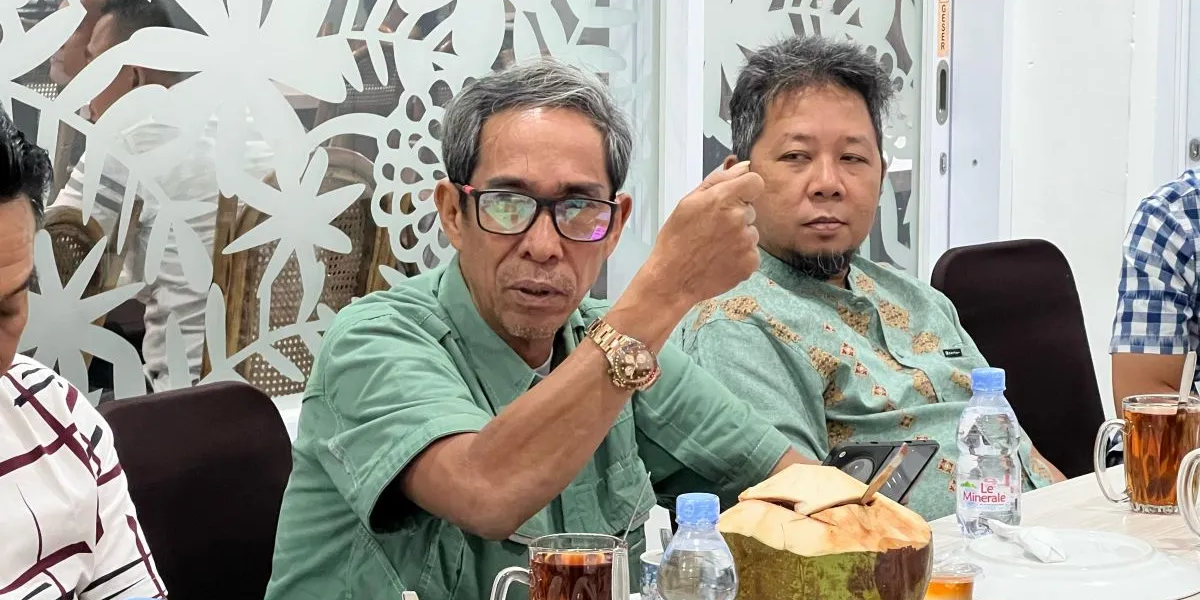Living in groups is a characteristic that defines the Suku Anak Dalam (SAD) in Jambi. According to Idris Sardi, a sociology expert from Jambi University deeply knowledgeable about SAD, there have been significant shifts in the lives of these indigenous tribes, often referred to as Anak Rimbo.
In a recent discussion with PT Sari Aditya Loka (SAL), he highlighted the transformation in their lifestyles and production patterns as they adapt to changing times.
While maintaining their communal living, the SAD have embraced modern influences, often navigating challenges alongside various stakeholders. This adaptability showcases their resilience in the face of a rapidly transforming world.
“They observe the local villagers using motorcycles, and they follow suit,” Idris Sardi explained. “Although their income may be uncertain, this reflects their desire to engage with the modern lifestyle.”
Recent years have seen some tension between stakeholders and the SAD due to shifting production practices from traditional forest gathering to utilizing community and company-owned gardens.
Idris noted that the demands of modern living can sometimes strain social cohesion, emphasizing the urgency for synergy among all parties to foster SAD’s adaptation and coexistence with society.
He praised the efforts of PT SAL in promoting social change among the SAD, stating, “Their commitment is remarkable. While it may not be their primary responsibility, such awareness is essential, and synergy is needed from all.”
Sudono, Community Development Area Manager of PT SAL, affirmed the company’s dedication to supporting SAD through economic and social empowerment, rooted in their ongoing commitment to the community.
“Some Rimbo people have been sent to school, some even reaching the undergraduate level, and nature schools have been created in our plantation areas to inspire education programs for SAD,” he shared with pride.
Furthermore, Sudono highlighted that PT SAL is committed to advancing health, economic, and environmental programs for the SAD, promising to continue assisting them on their journey to improved welfare and adaptation.
Source: Jambi Antara News
Disclaimer
This article may contain copyrighted material, the use of which may not have been pre-authorized by the copyright owner. This material is made available for the purpose of giving information and knowledge. The material contained on the Astra Agro website distributed without profit. If you are interested in using copyrighted material from this material for any reason that goes beyond ‘fair use’, you must first obtain permission from the original source










